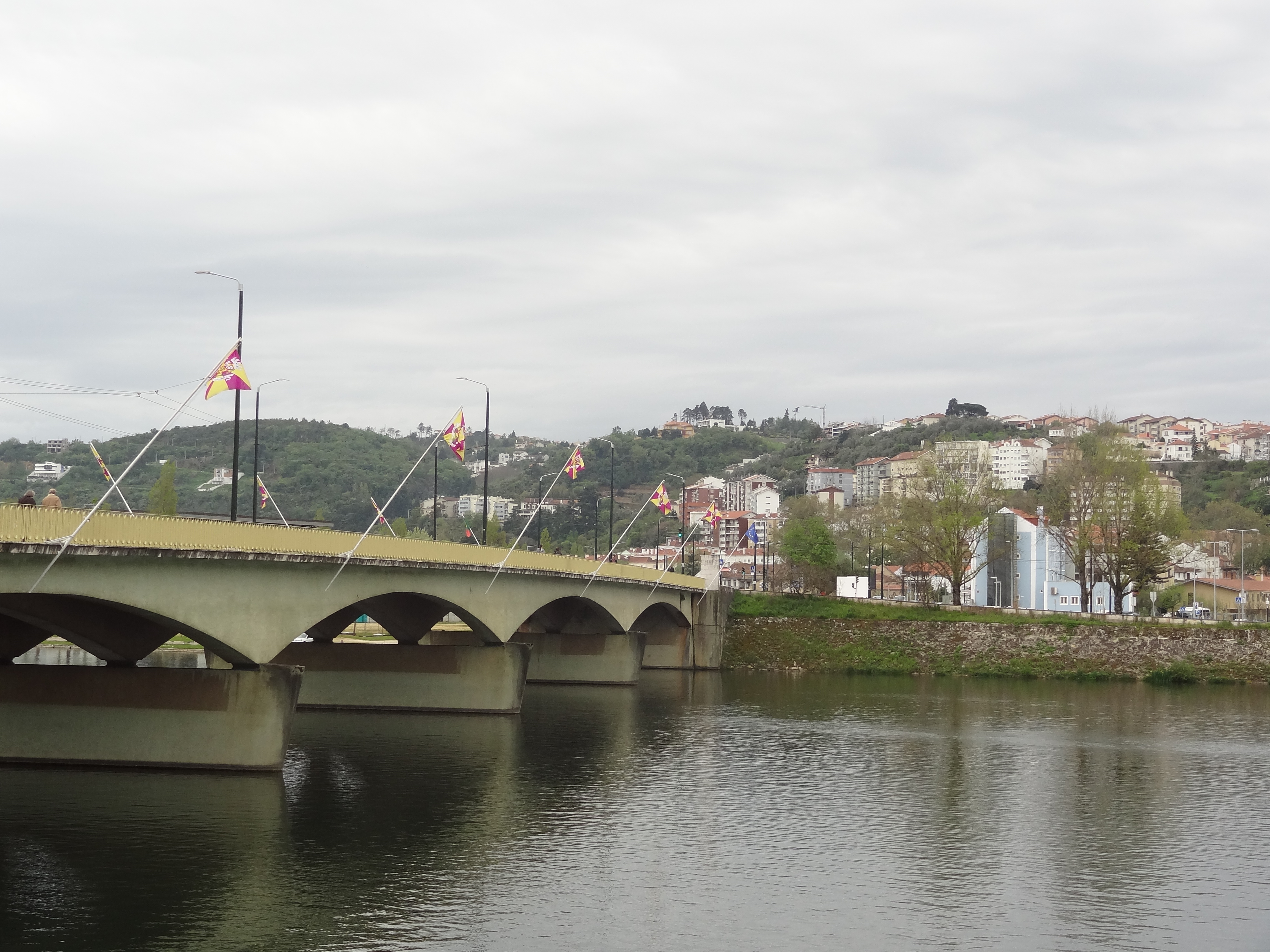
From Homer (The Odyssey) to Lord Byron (Don Juan) to Elizabeth Bishop, the experience of travel and its vicissitudes has been a natural subject for poetry. The relationship between travel and poetry is so tightly woven that poets and critics have a long tradition of adjacent critique, positing the genre as ‘travel poetry.’
Perhaps the most important feature of travel poetry, and what sets it apart from bucolic traditions, is the position of the traveler/ poet as foreigner. The social displacement that results from travel makes observers of us all, and this can be particularly useful to a poet. An observer’s distance provides an ideal perspective from which to track and stockpile details: place names, local dishes and beers, a different language or dialect, costumes, customs and daily lifestyles.
By separating from the familiar, the poet is free to reinvent and redefine ‘place’ through personal experience. During the course of travel, the poet may see the “elsewhere” through a filter or lens, which can serve to highlight cultural assumptions, dismiss any stereotypes or simply reveal the unknown. The importance of seeing another culture with fresh eyes is to also edify any misconceptions, i.e. how one may feel towards another culture, its people and traditions. The pleasure of this self-awareness may account for the many personalized travel articles, novels, stories and poems. The attraction for “the other/ the exotic” often leads to a number of permanent expatriated writers writing about their ‘homeland’ from abroad.
The position of outsider also allows the poet to accent and frame distinctions between binaries of travel: home and away; domestic and foreign; familiarity and otherness. Fleur Adcock journeys back and forth from New Zealand where she was born, to London where she now lives. In her poem ‘Londoner’ she writes of these binaries, experiencing the alternating change from a warm climate to a cold northern winter.
Scarcely two hours back in the country
and I’m shopping in East Finchley High Road
in a cotton skirt, a cardigan, jandals –
or flipflops as people call them here,
where February’s winter. Aren’t I cold?
The neighbours in their overcoats are smiling
at my smiles and not at my bare toes:
they know me here.
I hardly know myself,
yet. It takes me until Monday evening,
walking from the office after dark
to Westminster Bridge. It’s cold, it’s foggy,
the traffic’s as abominable as ever,
and there across the Thames is County Hall,
that uninspired stone body, floodlit.
It makes me laugh. In fact, it makes me sing. (c)
This is an excerpt of a poetry workshop I conducted in 2011 at the Grove Library. (c)




